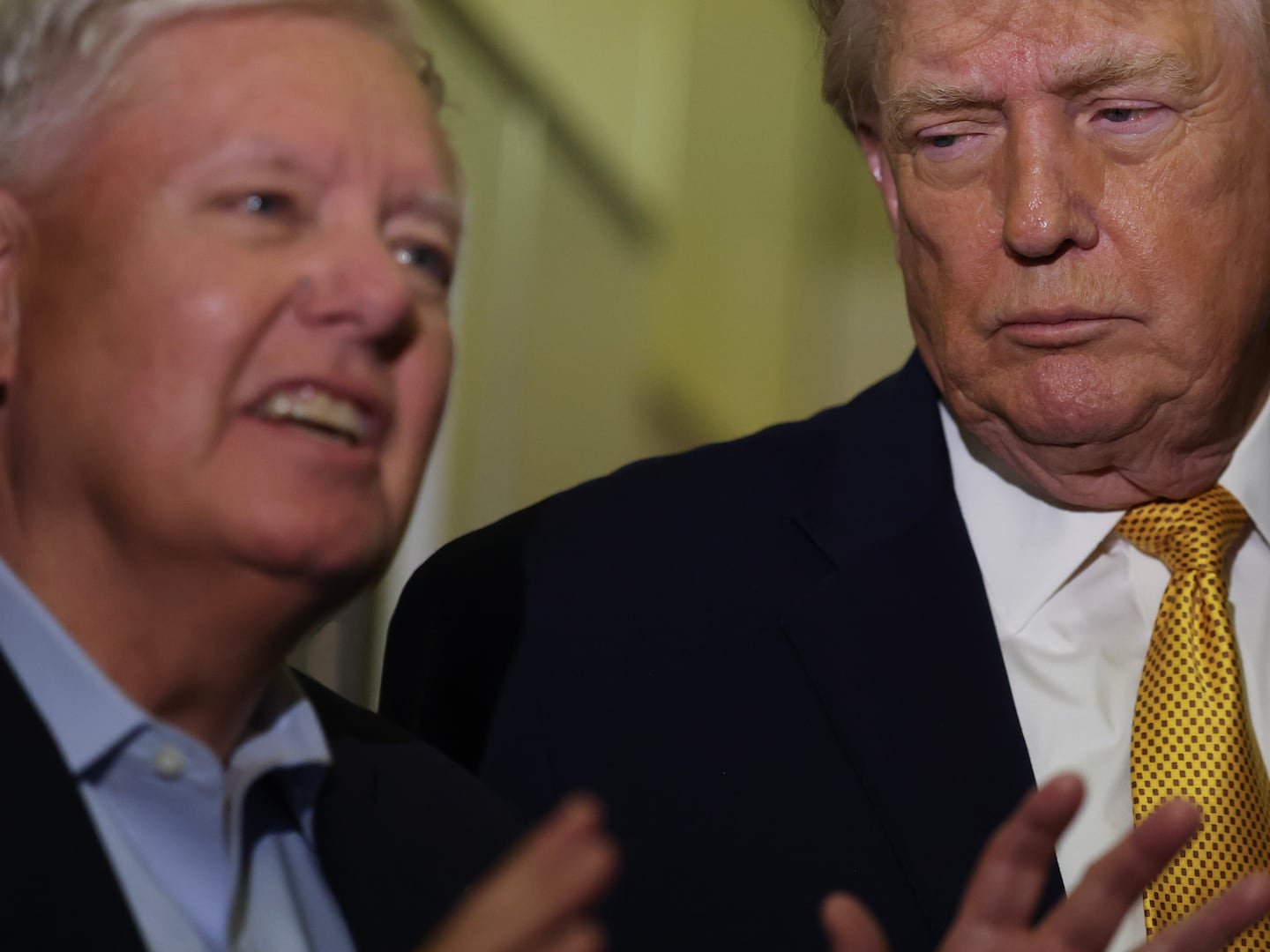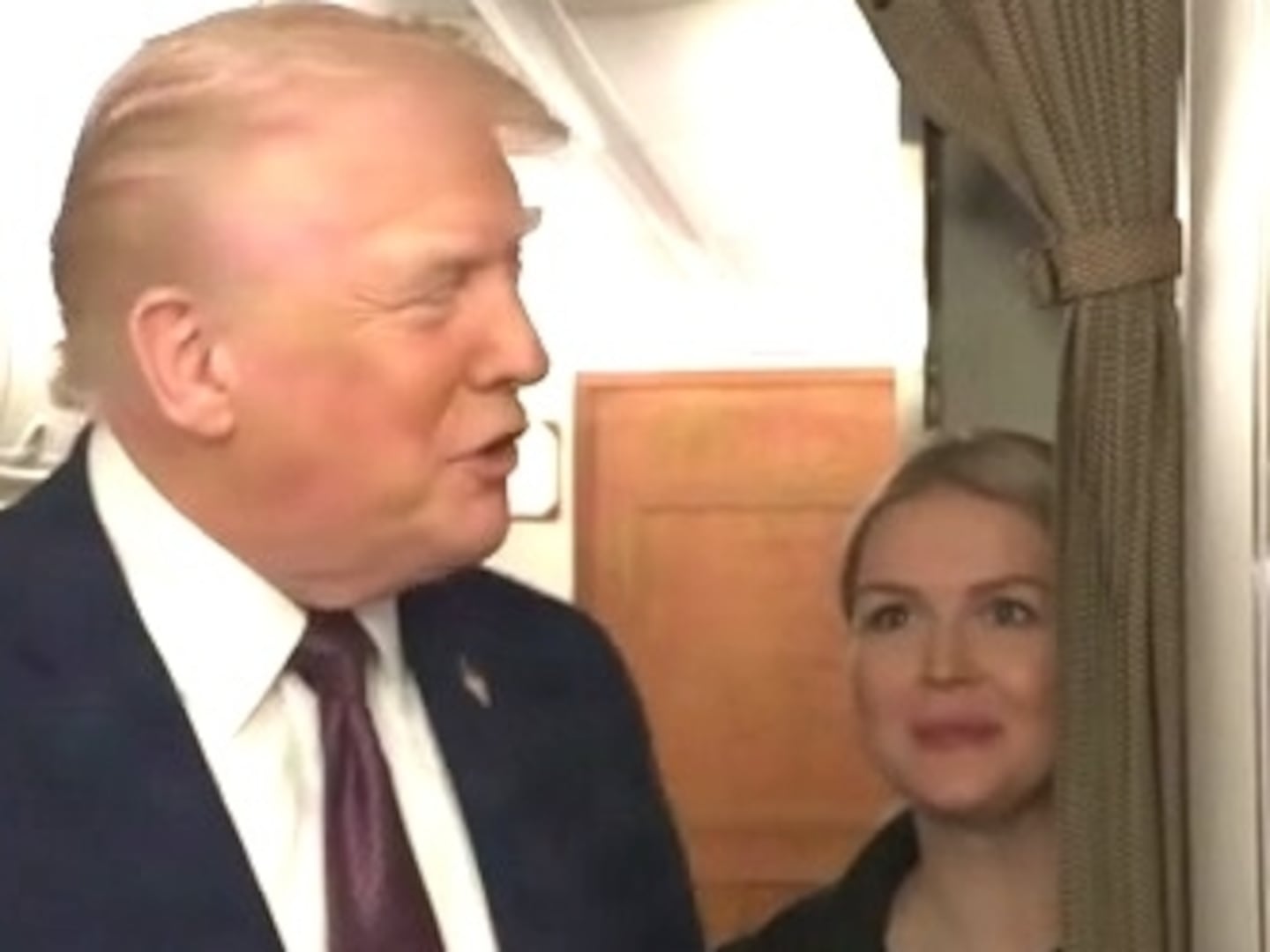Early money is like yeast. And, as Robert Mueller’s latest court filing against Michael Flynn demonstrates, so is cooperation.
In the sentencing memo filed against President Donald Trump’s former national security adviser, the special counsel emphasized Flynn’s timeliness as an important factor for the court to consider in fashioning his sentence for pleading guilty to lying to the FBI. The currency of criminal investigations is cooperators. And early cooperation enhances the investigation in two important ways.
First, early cooperation leads to more cooperators. When subjects of an investigation see that they can choose to be treated leniently or harshly, many will choose leniency. Cooperation in the form of truthful information that provides substantial assistance in the investigation of others is the only sure way to convince a prosecutor to recommend a reduced sentence. Here, Mueller has asked the judge to impose a sentence of probation on Flynn, the lowest sentence possible.
A key reason for the leniency is the timeliness of Flynn’s assistance, which Mueller states, began “not long after the government first sought his cooperation.” The sentencing memo notes that “defendant’s decision to plead guilty and cooperate likely affected the decisions of related firsthand witnesses to be forthcoming with SCO and cooperate.”
Contrast Flynn with Paul Manafort, Trump’s former campaign chairman. Manafort was charged in February, went to trial in August, and even after agreeing to cooperate before a second trial in September, still failed to tell the truth in the estimation of the special counsel, which destroyed hope for Manafort’s cooperation in November. His efforts to cooperate may have advanced the investigation in some ways, but his delay and lies likely prevented the Mueller investigation from making maximum progress. With Manafort and Flynn as his poster children, Mueller knows that other subjects of the investigation are watching.
The second reason that early cooperation is valuable is that it helps investigators identify leads before the passage of time has degraded evidence. As anyone knows who has ever watched the television crime documentary The First 48, time is the enemy of investigators. With the passage of time, memories fade and evidence goes stale. Corporations with document “retention” policies routinely destroy documents beyond a certain age. Businesses record over video surveillance footage.
By cooperating early, investigators can identify witnesses to interview and documents to request before time clouds memories or erases data. In the case of Flynn, his early agreement to cooperate led to 19 meetings with the special counsel’s team. No doubt, investigators went back to him at various points to follow up on leads after talking to other witnesses and reviewing additional evidence. The ability to secure testimony and records is enhanced when cooperation comes early.
Of course, some defendants choose to exercise their right to go to trial. The government always bears the burden of proving defendants' guilty beyond a reasonable doubt. But the criminal justice systems rewards those who admit their guilt, take responsibility for their conduct, and provide truthful information about the crimes of others. Prosecutors know that jurors view cooperators with skepticism, and will use their information only if they can corroborate it with independent evidence. The special counsel’s conclusion that Manafort has lied to them was likely based on their inability to square his statements with other evidence.
Flynn will benefit from his decision to cooperate early and maximize his value as a witness. For other subjects, Mueller has sent a strong message that early cooperation will result in a lower sentence. And for those who have dragged their feet, better that cooperation come late than not at all.








